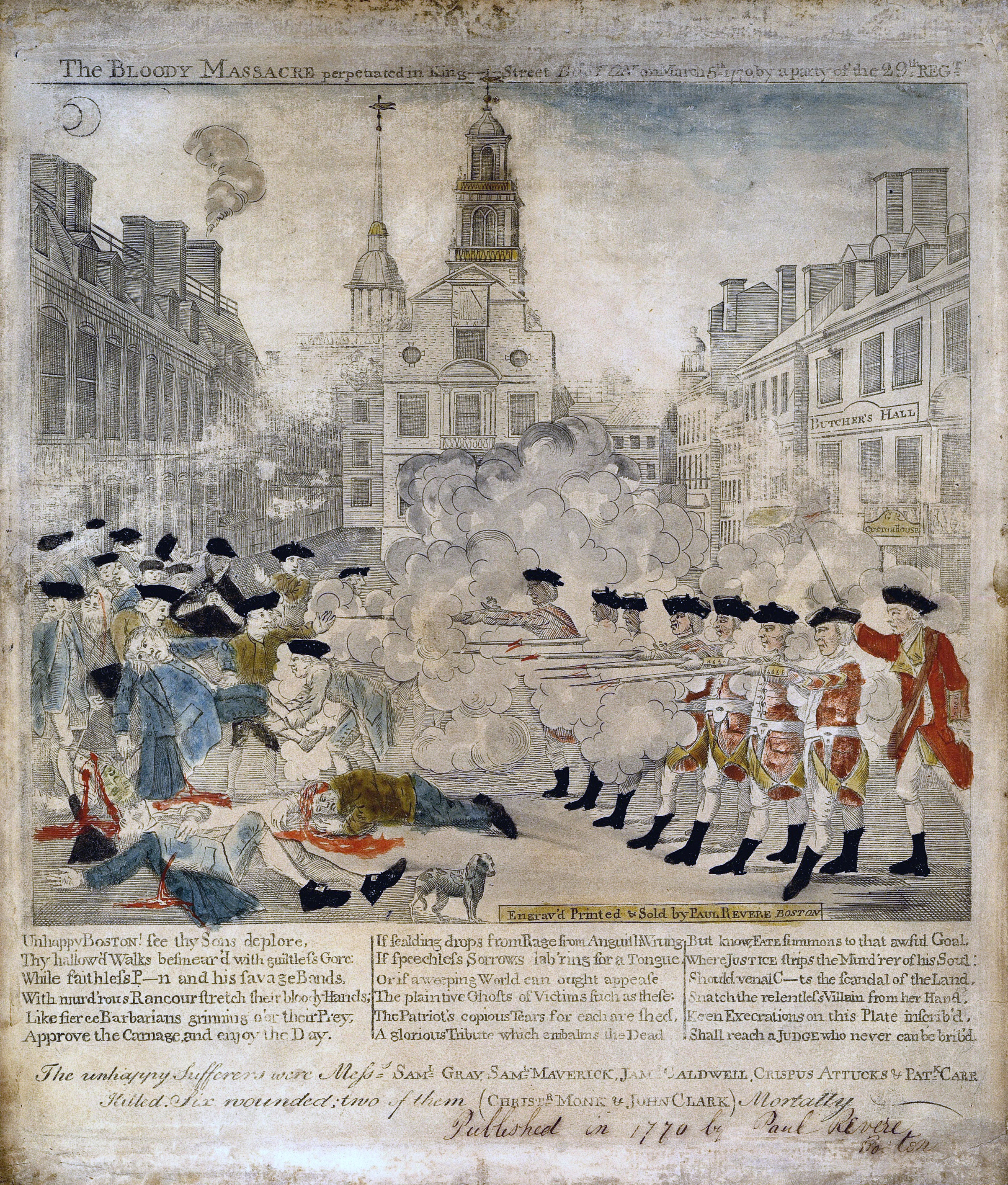Good readers are constantly stopping to think as they read, to ask questions, to analyze a character's motivations, and to make predictions. Over the past few weeks we have been learning some new strategies to apply as we read to take us to a new, more thoughtful level of understanding and interacting with our books.
Golden Lines
When reading you may come across a sentence that is beautifully written and begs you to read it again. It has meaning that applies to the book you're reading but also applies to life outside your book. These lines often point to the theme or big understanding in the book. An example from Pam Munoz Ryan's book Esperanza Rising is, "Wait a little while and the fruit will fall into your hand."
Contrasts and Contradictions
You will notice this in your books when a character acts out of character. Readers get to know their characters so well, and they begin to feel like our friends. When an author chooses to have a character say or do something that doesn't fit with his/her personality, it stands out to a good reader. It leads you to wonder what is going on with the character to make him/her act that way. What does this reveal about their inner conflict or emotions?
Tough Questions
A tough question is leading, insightful, thoughtful, and probing. Often in our books a character is asked a tough question either by himself through internal dialogue or by another character. What does this show you about the character, and how will he/she respond?
Ah-Ha!
As our beloved characters travel through trials and tribulations, they will periodically have an Ah-Ha moment. This will be when he/she realizes or comes to understand something that therefore changes his/her thinking and actions. Fans of Oprah are familiar with her famous Ah-Ha moments! Good readers will wonder how does this change things? How will the character respond?
Again and Again...
As good readers read, we'll often see things come up again and again. It might be an object or a phrase. There must be some reason the author keeps including it, and it's our job as a reader to stop, take notice, and try to understand what it might mean or represent. These are recurring images or motifs in a book. Often the recurring object will represent some idea much bigger than the object itself.





























